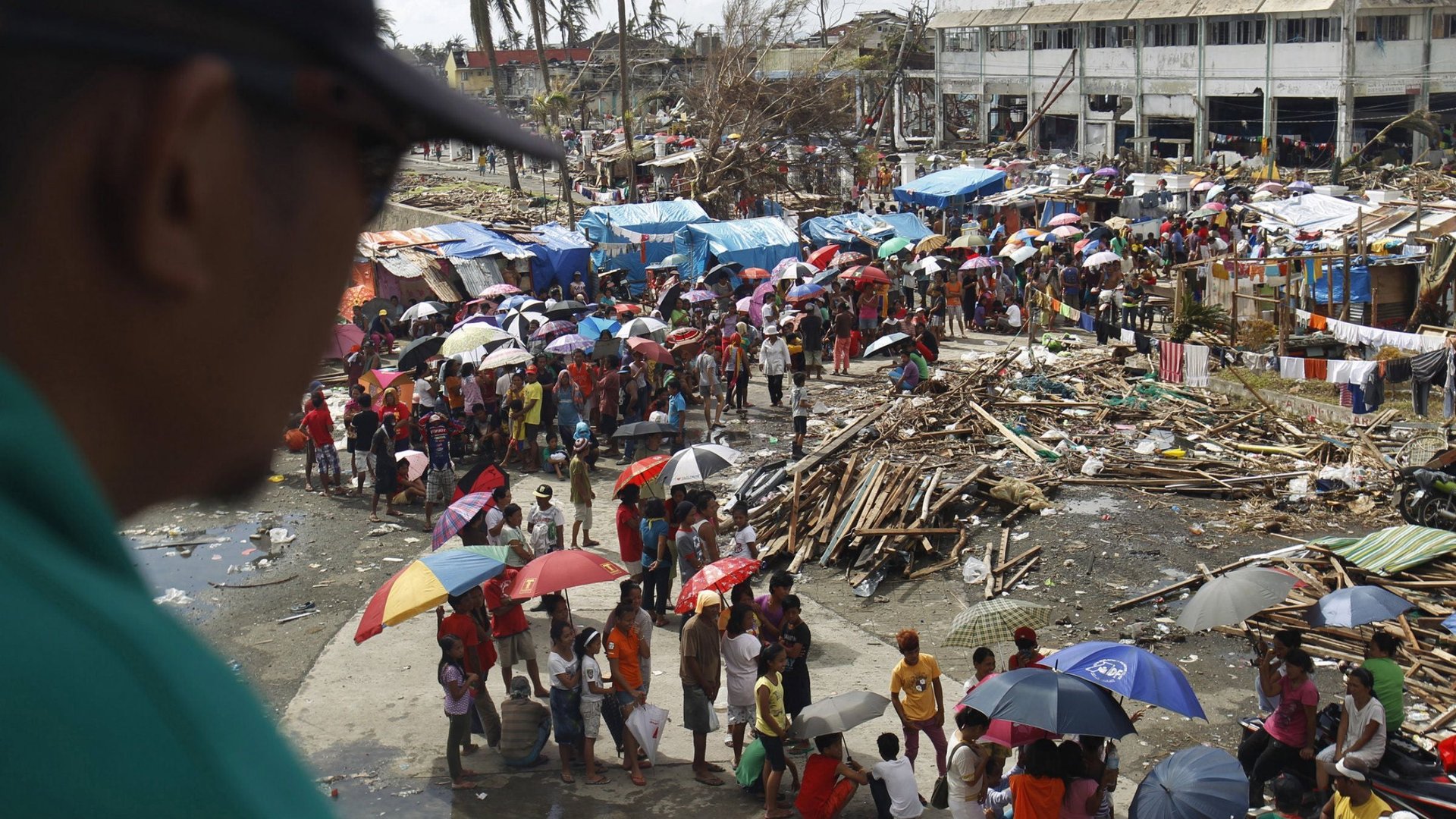China’s soft power failure in the Philippines deepens
Foreign aircraft carriers including the USS George Washington and Britain’s HMS Illustrious have landed or are near landfall in the Philippines after days of travel. They are expected to make a huge difference to the beleaguered Typhoon Haiyan relief effort, after aid agencies struggled with destroyed infrastructure and depleted gasoline supplies.


Foreign aircraft carriers including the USS George Washington and Britain’s HMS Illustrious have landed or are near landfall in the Philippines after days of travel. They are expected to make a huge difference to the beleaguered Typhoon Haiyan relief effort, after aid agencies struggled with destroyed infrastructure and depleted gasoline supplies.
The Chinese Navy, on the other hand, was right next door as Haiyan approached—it recently established a large base on the Ayungin Reef in the Philippine Sea, more than 1,000 miles from the Chinese coastline—but left ahead of the storm, an officer in the Philippines Marines told a Philippines television channel. “As of now, we’ve no report that the Chinese ships have returned to Ayungin,” he said on Nov. 11.
China’s paltry aid to the Philippines—the government at first offered just $100,000—has been roundly criticized as a failure of humanitarianism and a blow to the country’s efforts to increase its soft power, as Quartz has reported. In response to global criticism, China’s government added another $1.6 million in aid this week, made up of tents and blankets. The tents will come in handy but the blankets not so much—the temperature is currently hovering in the high 80s F (low 30s C).
Who is giving how much to the Philippines is becoming seen as more than just a matter of humanitarian aid. The situation is now being interpreted as a mounting point of dissent between China and the many nations who disagree with the country’s South China Sea push.
Some policy experts in China said the paltry aid came because Chinese officials didn’t want to upset the Chinese public, who believe China rightfully occupies islands near the Philippines, not because they didn’t understand international diplomacy. “Nationalist sentiment” is strong in China and people are “vindictive,” Qiao Mu, the dean of the Centre for International Communications Studies at Beijing Foreign Studies University, told the South China Morning Post. “Public diplomacy is outweighed by domestic public opinion.”
Comments by Chinese citizens dismissive of the tragedy that appeared on Sina Weibo, the Chinese version of Twitter, were so widely-circulated that the Foreign Ministry was forced to address them in its daily briefing on Thursday. ”For God’s sake give them nothing,” said one Sina Weibo user. “We’ve given them enough in the past.”
“Believe me that the Chinese are a nation who have a lot of sympathy, a people who love peace, who are happy to do good deeds,” ministry spokesman Qin Gang said. “I believe that the vast majority of the Chinese people are understanding and sympathetic towards the situation of the Philippine people.”